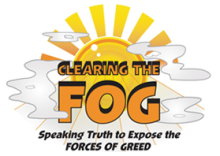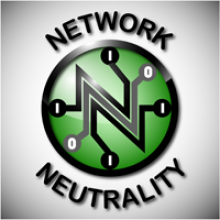Understanding Title II and Network Neutrality - Community Broadband Bits Podcast #101

With all of the recent media discussions around network neutrality, reclassification, and "Title II," we decided to spend this week talking with Matt Wood, Policy Director for Free Press to simplify some key issues. For all the hub-bub around reclassification and dramatic claims that it represents some kind of fundamental policy shift, the truth is actually less exciting. Internet access via DSL was previously regulated under Title II of the Communications Act (as Verizon well knows and has used to its advantage).
And again regulating Internet access as Title II still allows for various forms of innovation and even paid prioritization if done in a "reasonable" manner. Matt and I discuss how Internet access came to changed from Title II to Title I last decade and the implications of moving it back now. Free Press also runs the popular SaveTheInternet.com.
This show is 20 minutes long and can be played on this page or via Apple Podcasts or the tool of your choice using this feed.
Transcript below.
We want your feedback and suggestions for the show-please e-mail us or leave a comment below.
Listen to other episodes here or view all episodes in our index. See other podcasts from the Institute for Local Self-Reliance here.
Thanks to Valley Lodge for the music, licensed using Creative Commons. The song is "Sweet Elizabeth."



